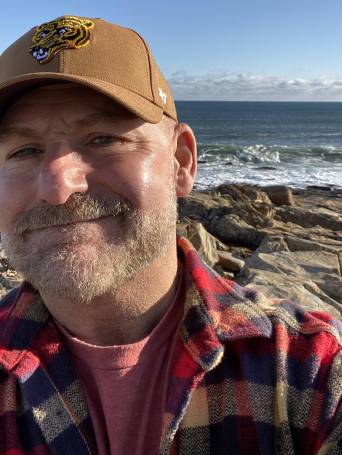
Paul G. Getsos is an Adjunct Assistant Professor of Public Service at NYU's Robert F. Wagner Graduate School of Public Service.
Paul is a nationally recognized strategist and movement leader who has built organizations, led campaigns and delivered wins at the local, state, and federal level. He is especially known for working at the intersection of traditional institution building models and new digital movement formations. Whether in New York with Community Voices Heard and welfare mothers or in Colorado where, as National Director of the Peoples Climate Movement, he supported union workers fighting for a just transition, racial and economic equity have been core to his work. As co-author of the award-winning Tools for Radical Democracy, and as a leader in institutions and organic social movements, Paul has expanded participation by everyday people in the work of organizing. Currently, Paul is running a project in collaboration with Community Change building progressive organization and capacity in rural and conservative communities using a mix of traditional offline and online strategies and working on some of the most politicized issues of the day connected to the Covid 19 pandemic.